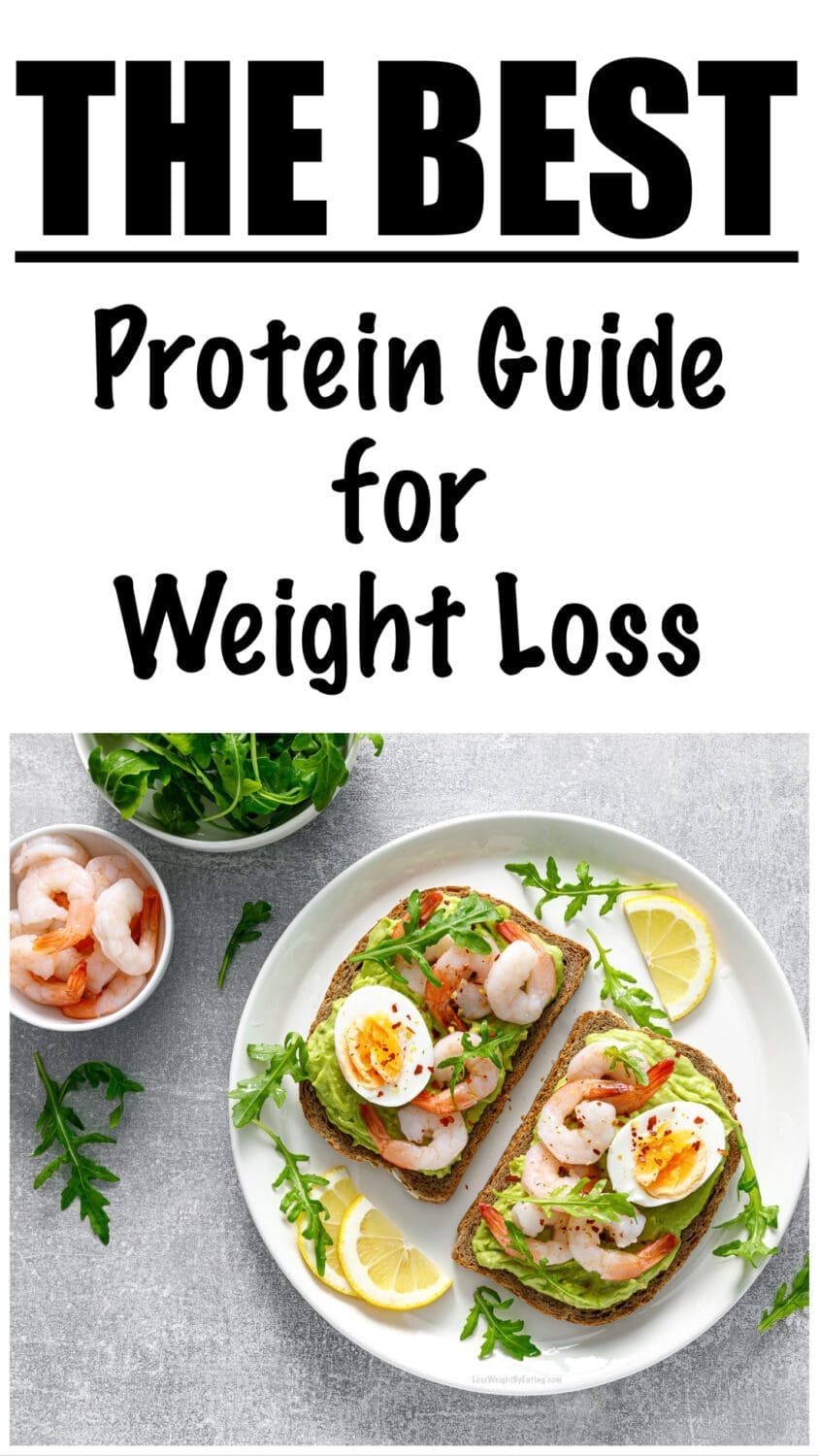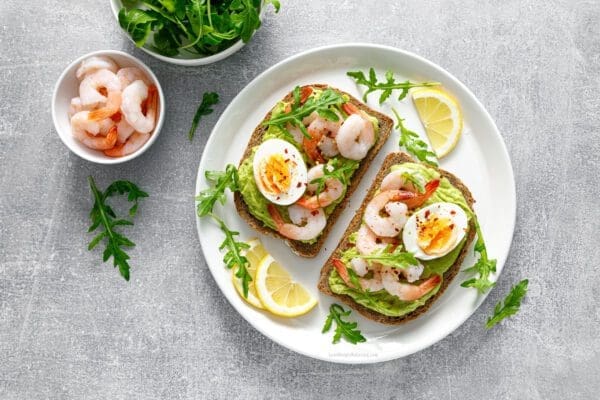If you’re trying to lose weight, you might be wondering how much protein you need to consume.
Protein is an essential nutrient that plays a crucial role in weight loss. It helps you feel full, preserves muscle mass, and boosts your metabolism.
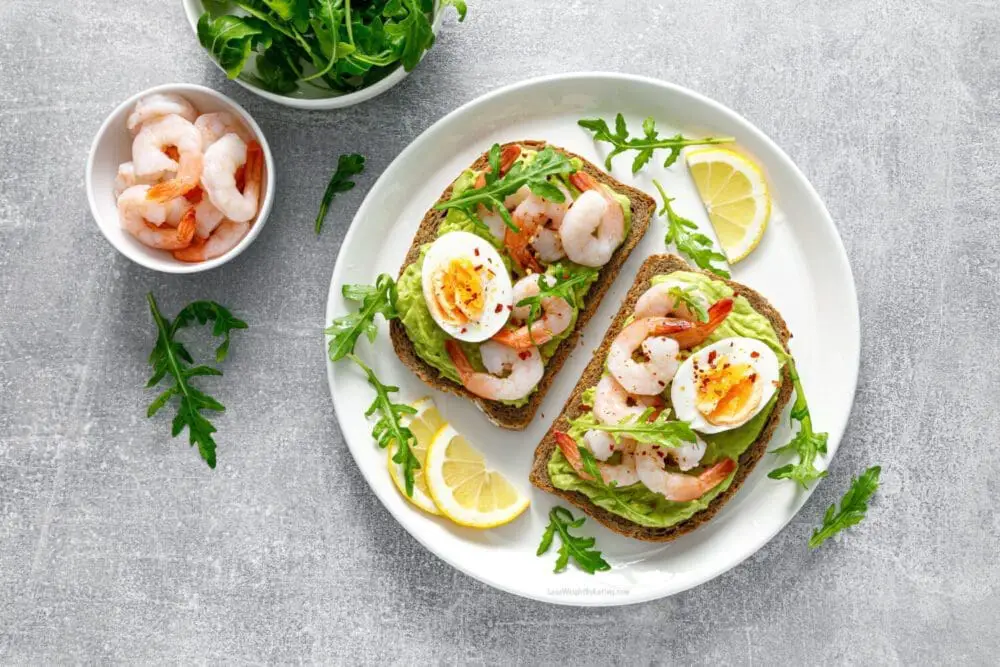

However, not all proteins are created equal, and consuming too much or too little protein can hinder your weight loss efforts.
In this article, I’ll share the science of protein and weight loss and provide you with practical tips on how to incorporate protein into your diet to achieve your weight loss goals.
How Much Protein Do You Need to Lose Weight?
The amount of protein you need to lose weight depends on various factors, such as your age, gender, weight, and activity level.
The recommended daily protein intake for the average sedentary adult is 0.8 grams per kilogram of body weight. However, if you’re trying to lose weight, you may need to increase your protein intake.
Here’s a breakdown of how much protein you need based on your activity level:
- Sedentary lifestyle: 0.8 grams per kilogram of body weight
- Light activity (1-3 days per week): 1.2-1.4 grams per kilogram of body weight
- Moderate activity (3-5 days per week): 1.4-1.6 grams per kilogram of body weight
- High activity (6-7 days per week): 1.6-1.8 grams per kilogram of body weight
- Very high activity (twice per day, extra heavy workouts): 1.8-2.0 grams per kilogram of body weight
So, if you weigh 68 kilograms (150 pounds) and have a sedentary lifestyle, you need around 55 grams of protein per day. If you’re moderately active, you’ll need around 87 grams of protein per day.
Does Protein Help You Lose Weight?
Yes, protein can help you lose weight. Protein has been shown to increase feelings of fullness and satisfaction, which can lead to a reduction in calorie intake which boosts weight loss. Additionally, protein is essential for building and maintaining muscle mass, which is crucial for maintaining a healthy metabolism and burning calories.
Research has shown that a higher protein intake can lead to greater weight loss and fat loss compared to lower protein diets. A study published in the American Journal of Clinical Nutrition found that a higher protein diet led to greater weight loss, fat loss, and preservation of muscle mass in overweight and obese individuals.
Another study published in the Journal of Nutrition found that a high-protein diet led to greater feelings of fullness and reduced calorie intake compared to a low-protein diet.
It’s important to note that while protein can be beneficial for weight loss, it’s not a magic solution on its own. A balanced diet that includes a variety of nutrient-dense foods, regular physical activity, and adequate sleep is crucial for long-term weight loss success.
Incorporating protein-rich foods into your diet can be a helpful tool for weight loss, but it’s important to stick to the recommended daily protein intake, and choose protein sources that are low in calories and high in nutrients. By doing so, you can achieve your weight loss goals while maintaining a healthy and sustainable approach to eating.
The Benefits of Protein for Weight Loss
Protein is an important nutrient that offers several benefits when it comes to weight loss. Here are some of the main benefits of protein:
- Helps you feel full: Protein is more satiating than carbs or fat, which means it can help you feel fuller for longer. This can reduce your appetite and help you eat fewer calories overall.
- Preserves muscle mass: When you’re trying to lose weight, you want to lose fat, not muscle. Protein can help preserve muscle mass during weight loss by providing the building blocks your body needs to maintain muscle tissue.
- Boosts your metabolism: Your body burns more calories digesting protein than it does digesting carbs or fat. This is known as the thermic effect of food, and it can help boost your metabolism and burn more calories.
- Supports weight maintenance: Once you’ve lost weight, protein can help you maintain your weight loss by keeping you full and satisfied.
The Best Sources of Protein for Weight Loss
Not all proteins are created equal. Some are high in calories, while others are low in nutrients. Here are some of the best sources of protein for weight loss:
- Lean meats: Chicken, turkey, and lean cuts of beef are all excellent sources of protein that are low in calories and high in nutrients.
- Fish: Fish is a lean protein that’s also high in heart-healthy omega-3 fatty acids.
- Eggs: Eggs are a versatile and inexpensive source of protein that can be enjoyed in many different ways.
- Dairy products: Low-fat or fat-free dairy products, such as milk, yogurt, and cottage cheese are great sources of vegetarian protein.
- Legumes: Beans, lentils, and chickpeas are high in protein and fiber, making them an excellent choice for weight loss.
- Nuts and seeds: Almonds, chia seeds, and pumpkin seeds are all high in protein and healthy fats, making them a great snack for weight loss.
- Protein supplements: Protein powders and bars can be a convenient way to boost your protein intake if you’re struggling to get enough from whole foods.
How to Incorporate More Protein into Your Diet
Now that you know how much protein you need and the best sources of protein for weight loss, here are some practical tips on how to incorporate more protein into your diet:
- Start your day with protein: Eating a high-protein breakfast can help you feel full and satisfied throughout the morning. Try eating eggs, Greek yogurt, or a protein smoothie for breakfast.
- Snack on protein: Instead of reaching for chips or cookies, opt for a high-protein snack like a handful of almonds or a piece of string cheese.
- Choose protein-rich toppings: When making salads or sandwiches, add protein-rich toppings like grilled chicken, hard-boiled eggs, or chickpeas.
- Swap carbs for protein: Instead of pasta or rice, try swapping in quinoa, lentils, or beans for a protein-packed meal.
- Use protein powder: Add protein powder to your smoothies or oatmeal to increase your protein intake.
Example of a Protein Diet for Weight Loss
If you’re looking to incorporate more protein into your diet to increase weight loss, here’s an example of what a protein-rich day of meals might look like:
Breakfast: Greek yogurt with berries and chopped nuts
Snack: Hard-boiled egg and sliced veggies with hummus
Lunch: Grilled chicken salad with mixed greens, cherry tomatoes, cucumbers, and a balsamic vinaigrette
Snack: Apple slices with almond butter
Dinner: Baked salmon with roasted vegetables (such as asparagus, bell peppers, and zucchini) and quinoa
It’s important to note that this is just one example and that there are many different ways to incorporate protein into your diet for weight loss. It’s also important to listen to your body and choose protein sources that you enjoy and that make you feel satisfied and energized.
When choosing protein sources, opt for lean protein sources such as chicken breast, fish, tofu, and legumes. These protein sources are low in calories and high in nutrients, making them a great choice for weight loss. You can also incorporate protein-rich snacks such as hard-boiled eggs, Greek yogurt, and nuts to keep you feeling full between meals.
It’s also important to remember to balance your protein intake with other macronutrients such as healthy fats and complex carbohydrates. Eating a balanced diet that includes a variety of nutrient-dense foods is crucial for long-term weight loss success.
Frequently Asked Questions (FAQ)
Yes, consuming too much protein can hinder weight loss. While protein is an essential nutrient, consuming too much can lead to weight gain and other health issues. Stick to the recommended daily protein intake and make sure to balance your meals with heathy carbohydrates and healthy fats.
Yes, it’s possible to get enough protein from a vegetarian or vegan diet. Plant-based sources of protein include beans, lentils, tofu, nuts, and seeds. Make sure to eat a variety of protein sources throughout the day to ensure you’re getting all the essential amino acids your body needs.
Both! Eating protein before a workout can help fuel your muscles, while eating protein after a workout can help repair and rebuild muscle tissue. Aim to eat protein-rich meals and snacks throughout the day to support your workout routine.
Final Thoughts on Protein for Weight Loss
Protein is a vital nutrient that plays a crucial role in weight loss. By incorporating protein-rich foods into your diet and balancing your meals with both healthy carbohydrates and healthy fats, you can achieve your weight loss goals while preserving muscle mass and boosting your metabolism.
Remember to stick to the recommended daily protein intake and choose protein sources that are low in calories and high in nutrients. With the right approach, you can make protein work for you and achieve long-term weight loss success.
What to Read Next:
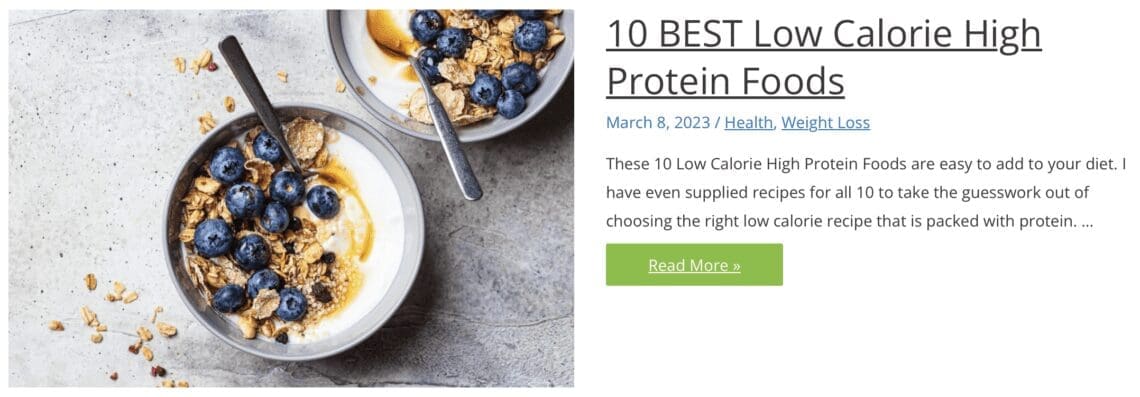

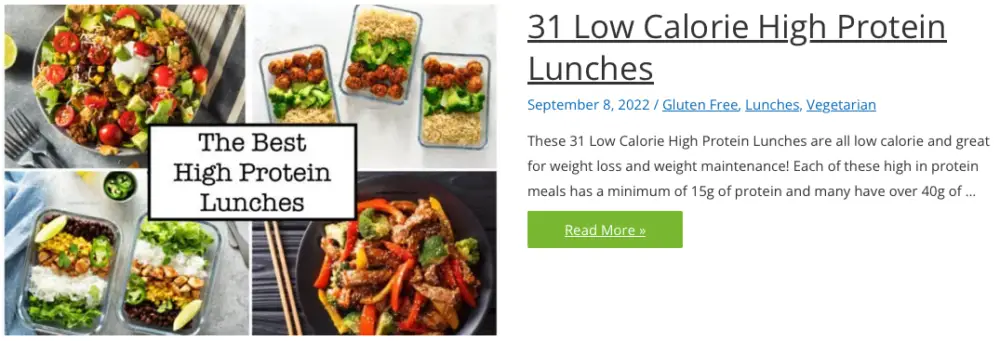

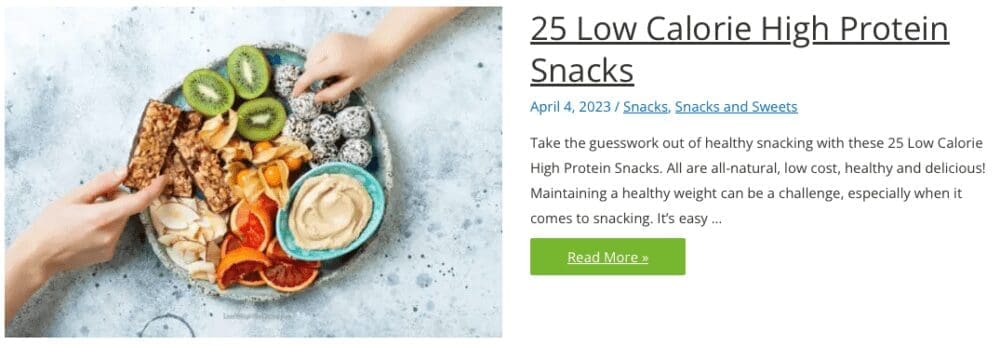

Lose Weight By Eating Cookbooks


Share this Weight Loss Article:
